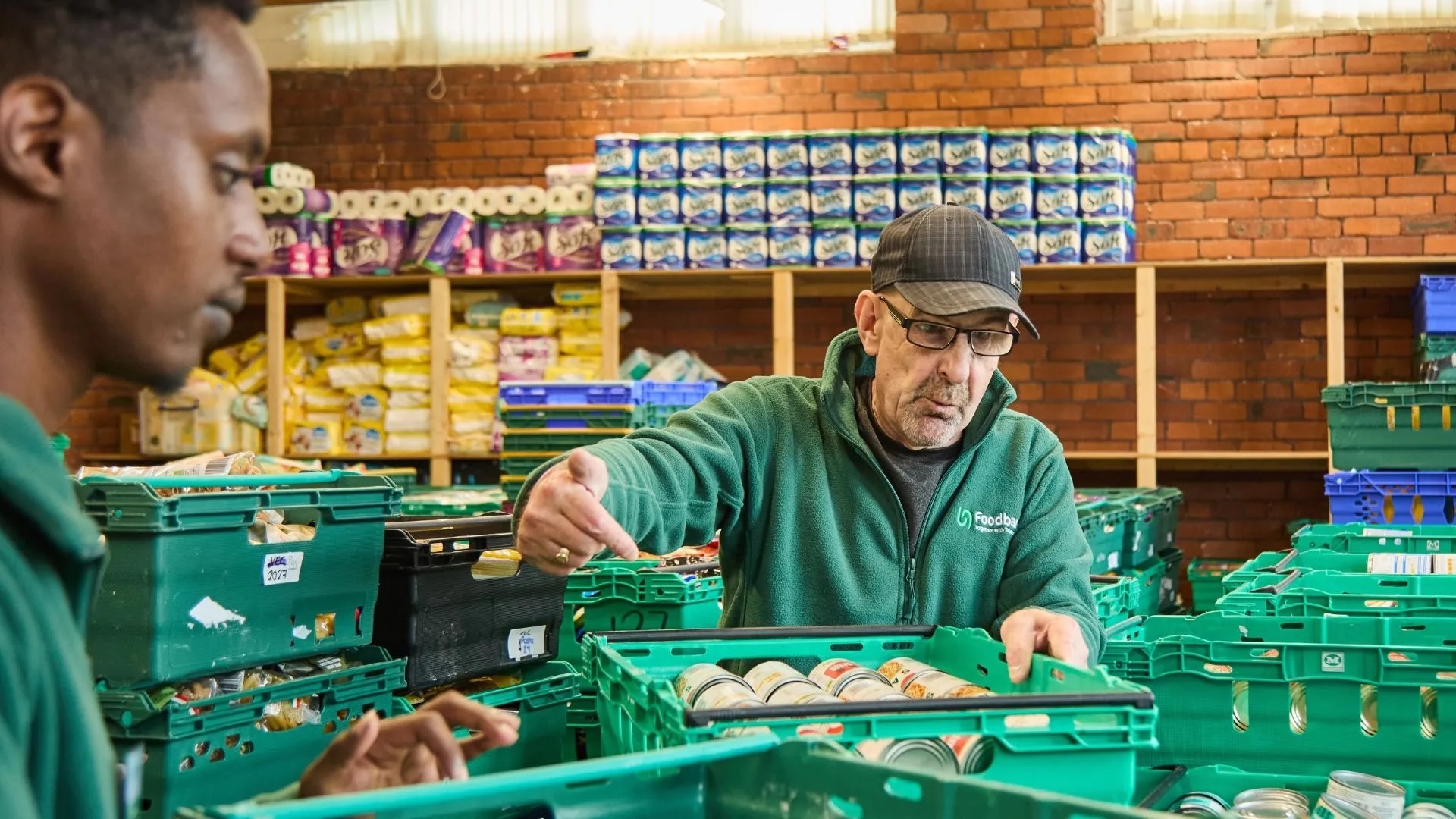There were also choices made in the design of universal credit which led to it increasing hardship. The five-week wait for a first payment meant that too many people have been, and are still being, forced into debt and hardship at the point they first need to claim.
The requirement to claim online also hurts people who are digitally isolated. And receiving payments monthly rather than weekly or fortnightly has made life harder for many – particularly for people with health conditions having to navigate what still can be a rigid and inflexible system.
These problems, in part, came about because these choices were made without the involvement of people who need to turn to the social security system.
Over the course of its development, universal credit has also been subject to repeated cuts and freezes which have undermined its aims. Governments have repeatedly looked to make short-term savings at the expense of a functioning social security system.
At just £92 per week for a single adult, the basic rate of universal credit doesn’t provide enough to cover life’s essentials. The result is that more than half of people in receipt of universal credit across the UK are experiencing food insecurity. The standard rate is set to rise in April, but it will still not be enough.
April will also see the introduction of a cut to the amount of support disabled people newly claiming universal credit can receive. This comes at a time when one in five people receiving universal credit and disability payments have needed to have used a food bank in the last month.
Advertising helps fund Big Issue’s mission to end poverty
As we approach the autumn budget, there are lessons we need to take from universal credit’s 15-year history. One is that if we want a social security system that protects people from hardship and provides a platform for people who can work to do so, then we need to resist this cycle of short-term cuts and make sure that social security can cover the costs of essentials.
Another is that governments need to listen to the voices of people who have experience of the social security system and design changes with them and not for them.
There are three immediate steps the UK government can take to realise these aims.
The first is removing the two-child limit in full. Four in 10 families with three or more children face hunger, around twice as high as the rate for families with one or two children and almost one in three (29%) food bank parcels provided by the Trussell community go to families with three or more children. This is not right. We all know how quickly life can change – if you’ve been getting by fine raising three children but then get sick and can’t work as many hours, you shouldn’t be left with no option but a food bank.
Our social security system should be protecting families who don’t have enough money for the essentials – and removing the two-child limit is the most effective way to protect children from hunger, give them a decent start in life and help them reach their potential.
The second is taking steps towards introducing an essentials guarantee in universal credit so that everyone has enough money in their pockets for food, bills, clothes, and toiletries. Research by Trussell and WPI Economics found implementing an essentials guarantee would bring £17.6 billion in annual economic and fiscal benefits and lift 2.2 million people out of severe hardship by 2026/2027.
Advertising helps fund Big Issue’s mission to end poverty
The third is unfreezing housing support within universal credit. Half of private renters receiving support for housing payments experienced food insecurity in 2024. In recent years, rents have soared while support towards housing costs has not kept up. This is leaving people facing homelessness, or living in cold, mouldy, unsafe homes, and it needs to change.
I hope when we reflect on universal credit in 15 years’ time, we can say that the UK government did the right thing for people facing hardship and created a societal safety net we can all be proud of.
Ayaz Manji is head of policy at Trussell.
Do you have a story to tell or opinions to share about this? Get in touch and tell us more.
Change a vendor’s life this Christmas.
Buy from your local Big Issue vendor every week – or support online with a vendor support kit or a subscription – and help people work their way out of poverty with dignity.
Advertising helps fund Big Issue’s mission to end poverty









